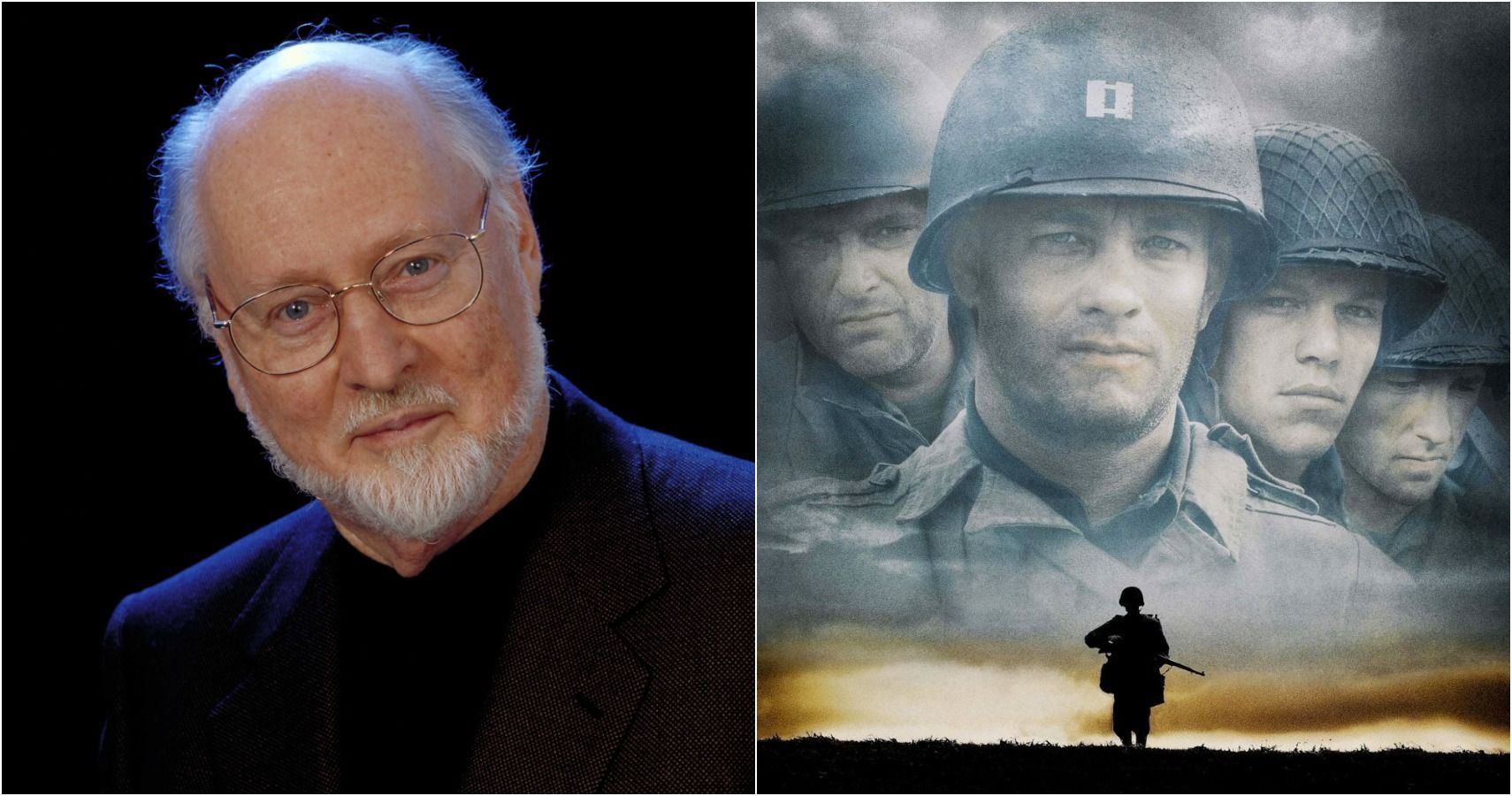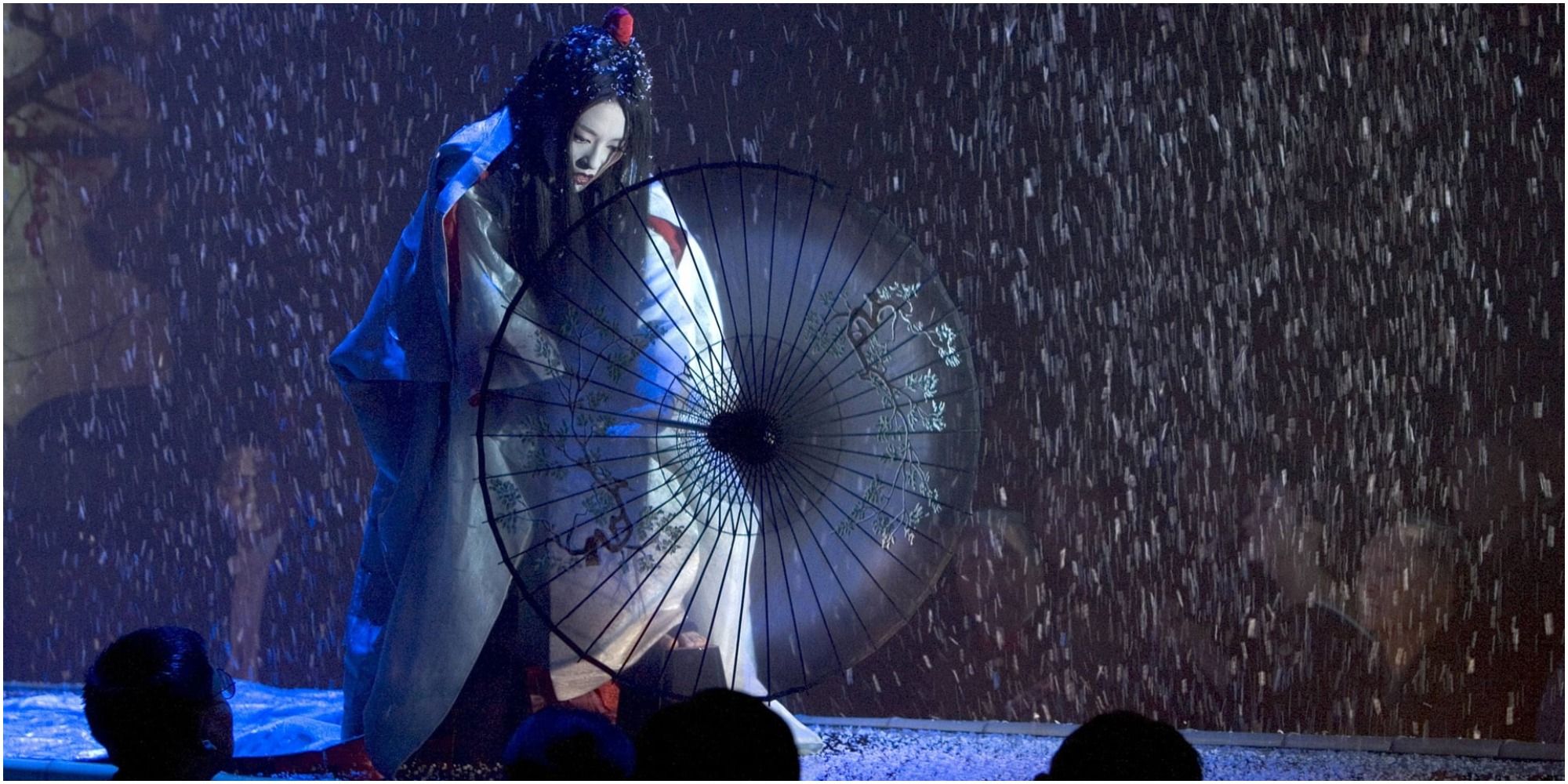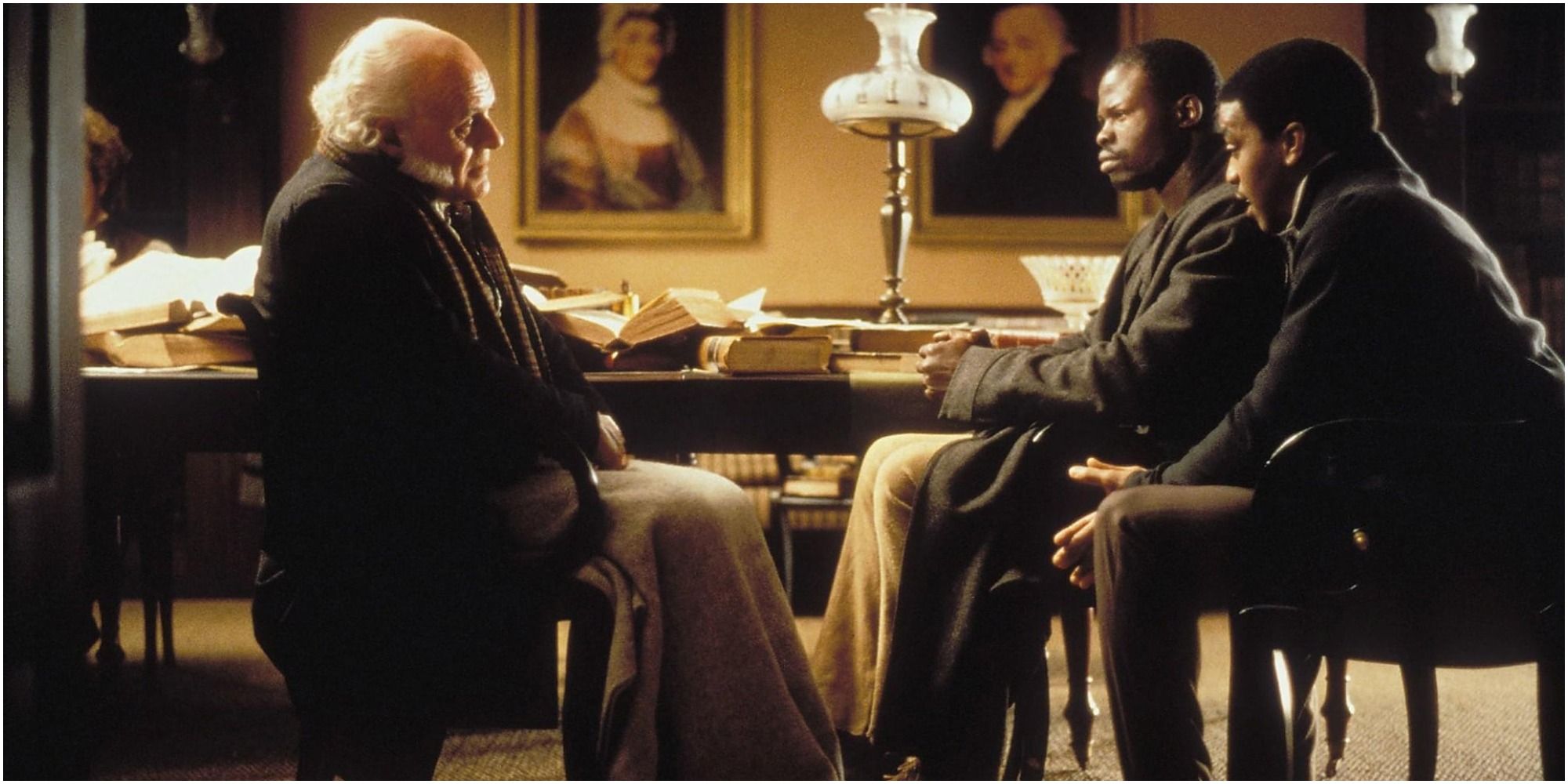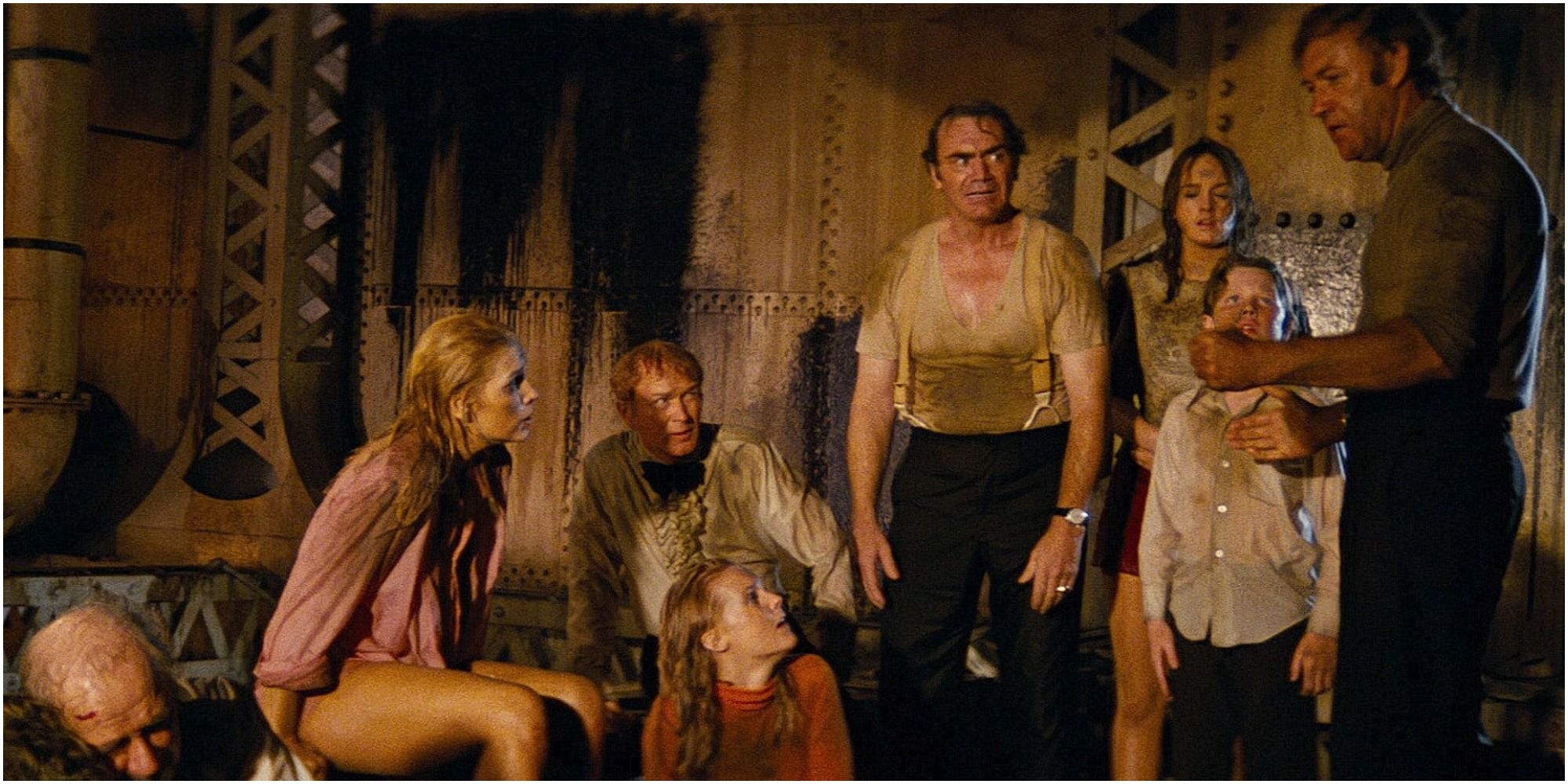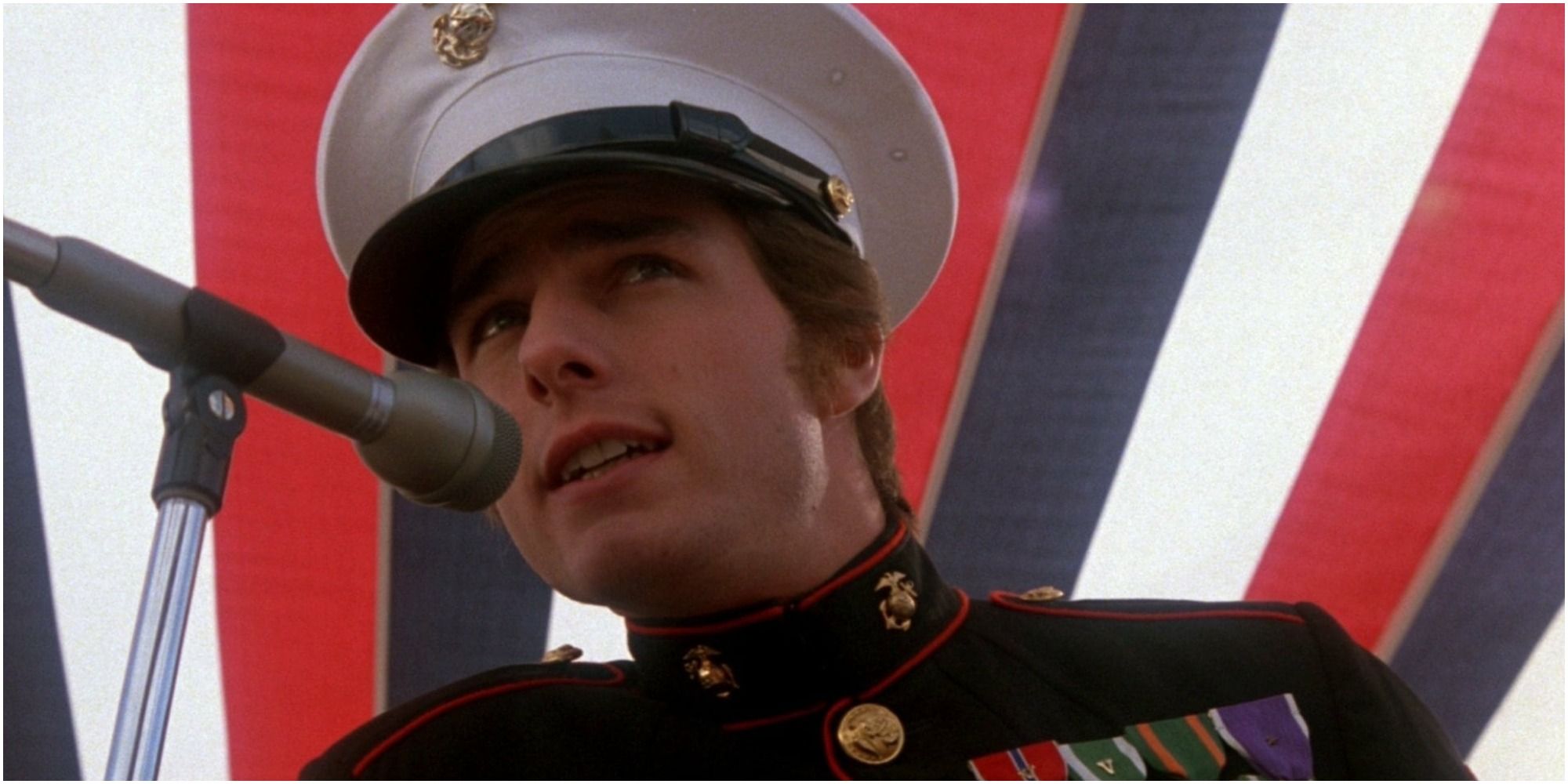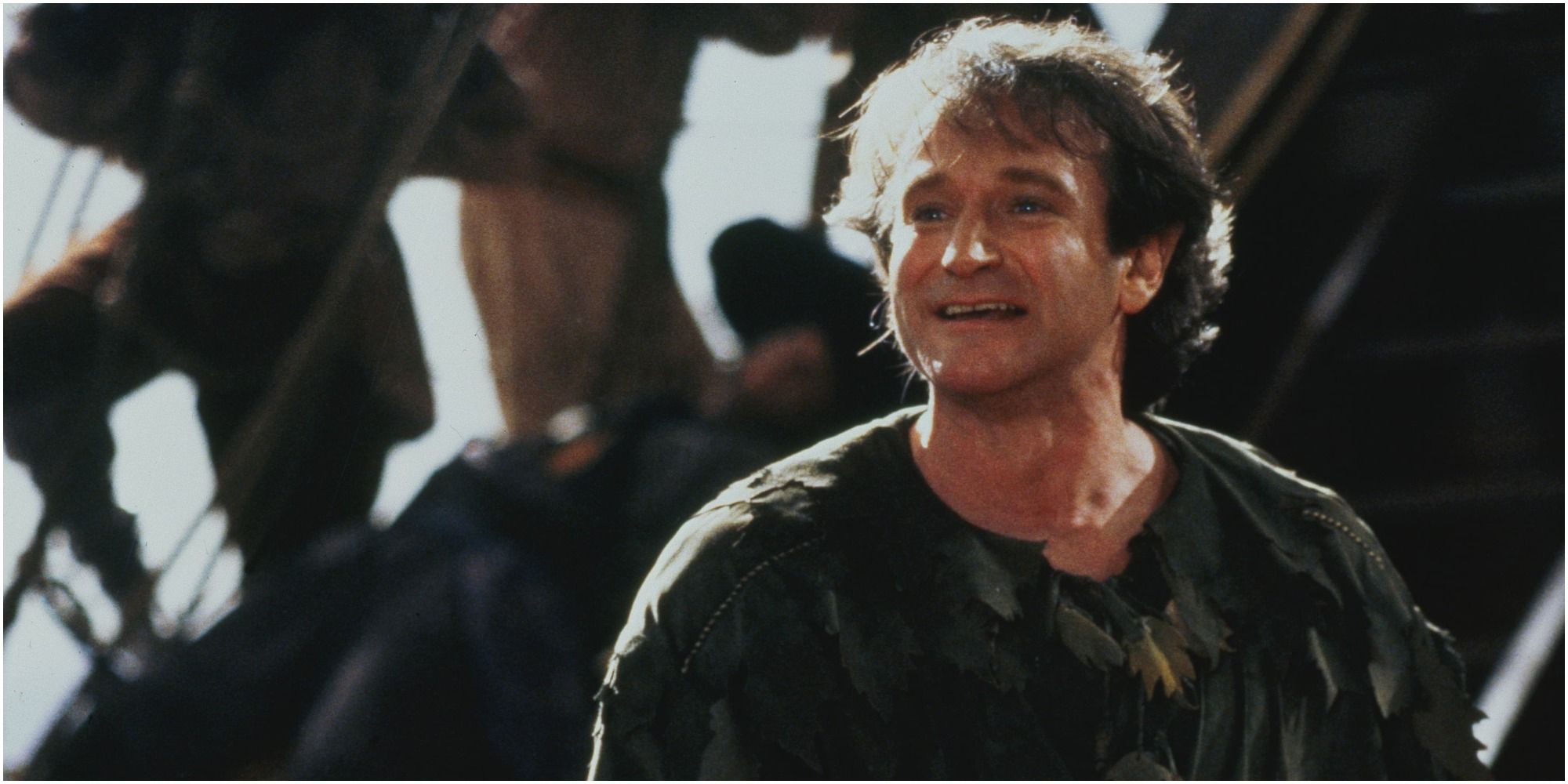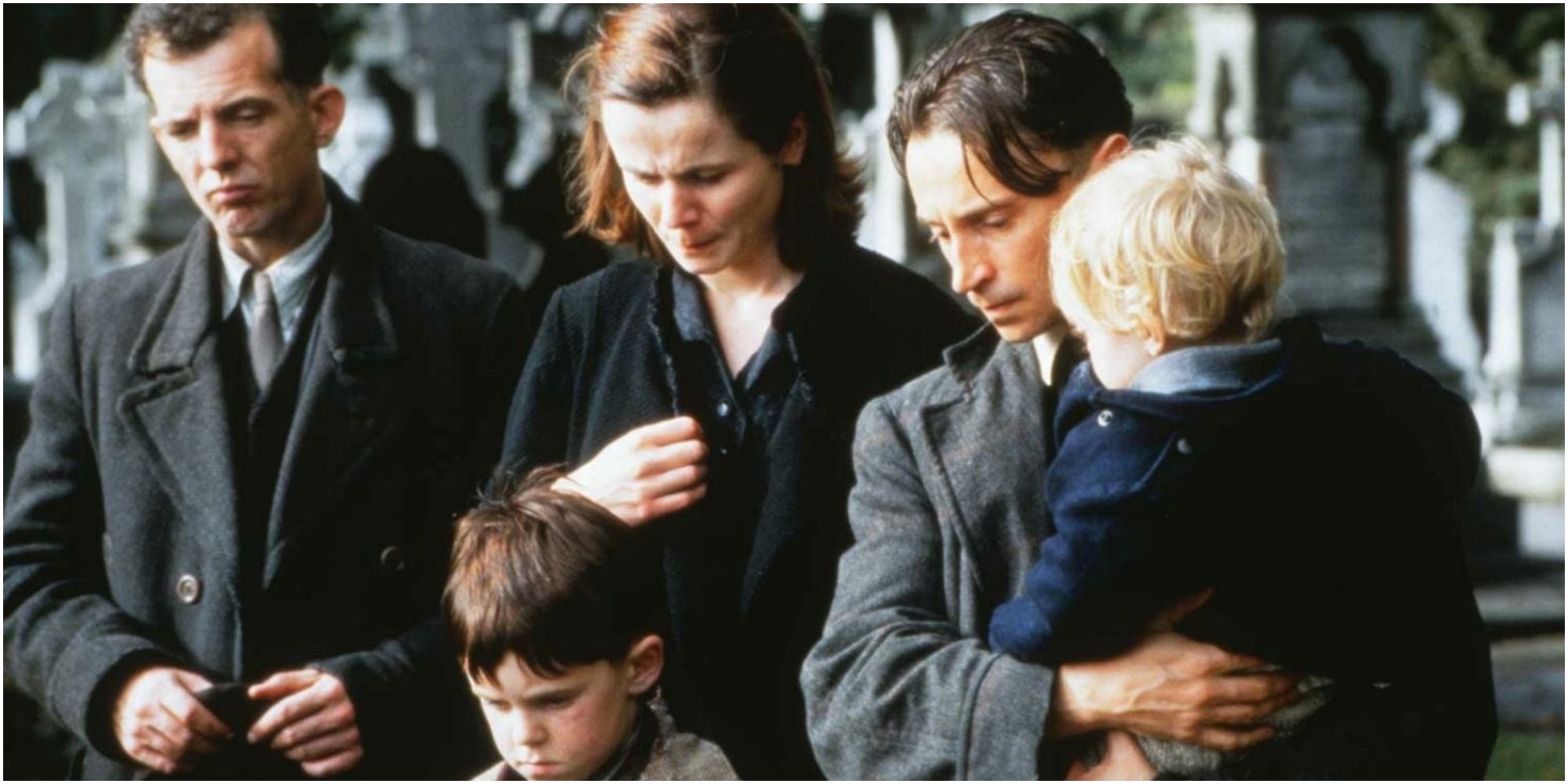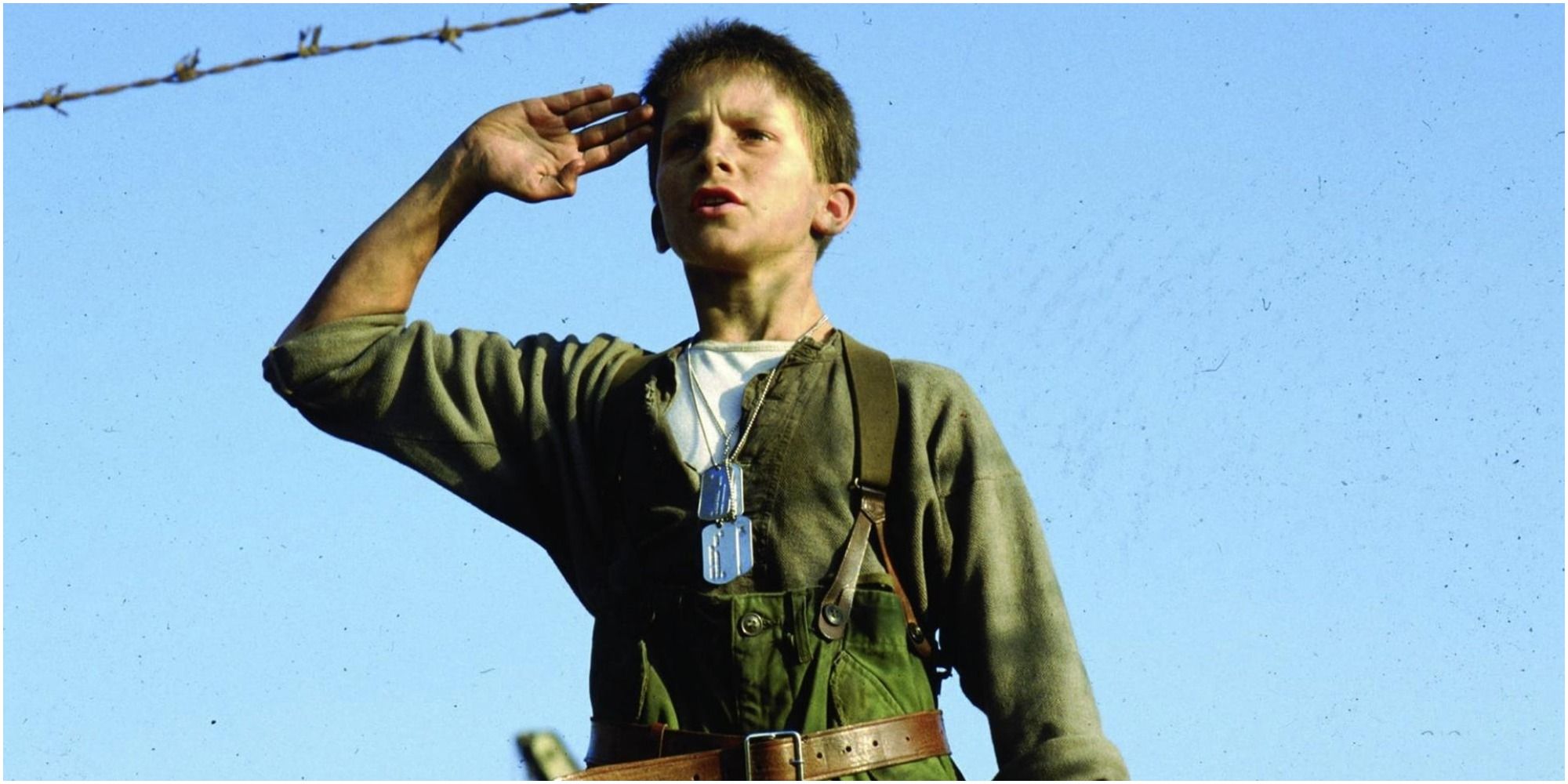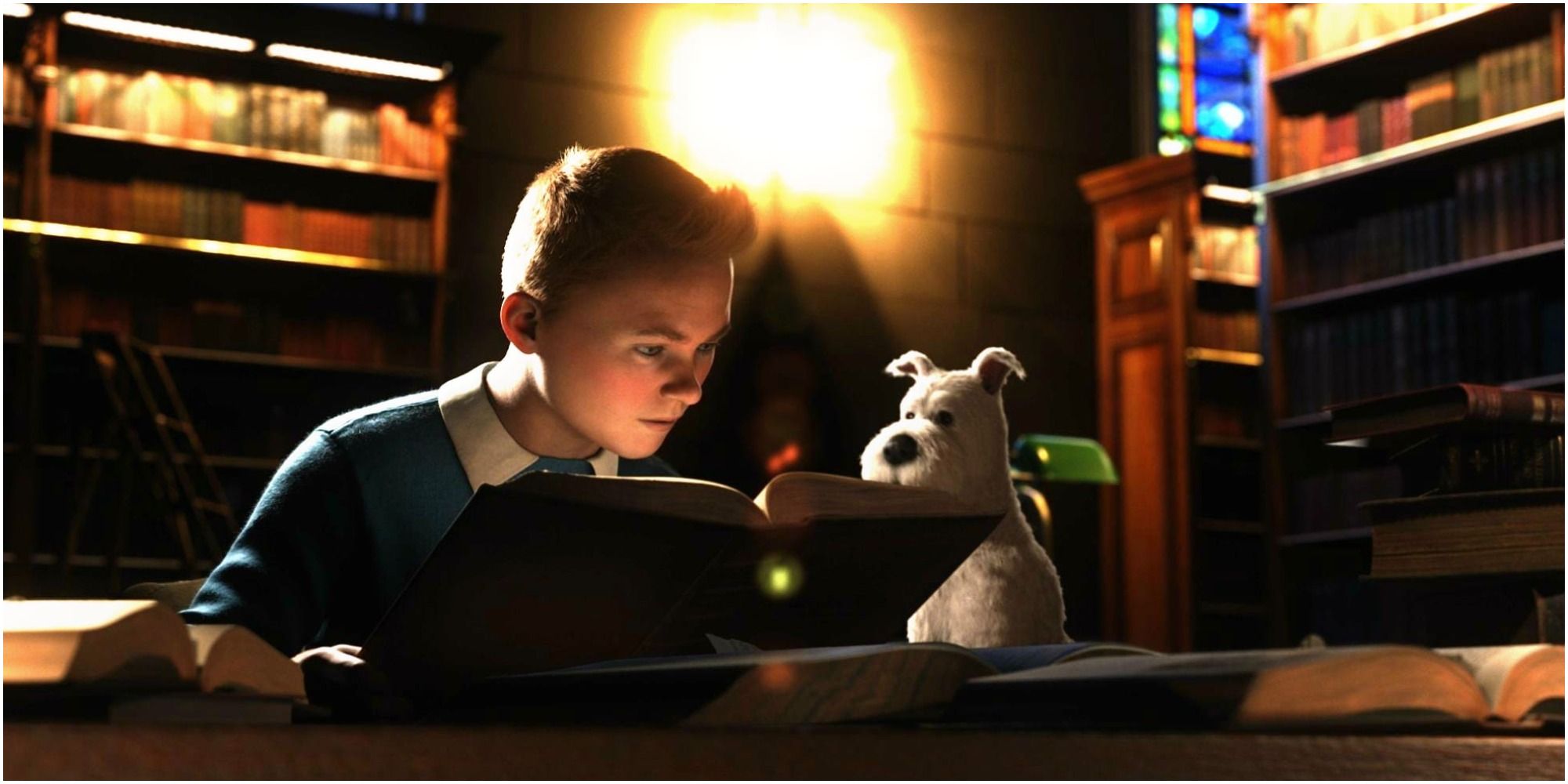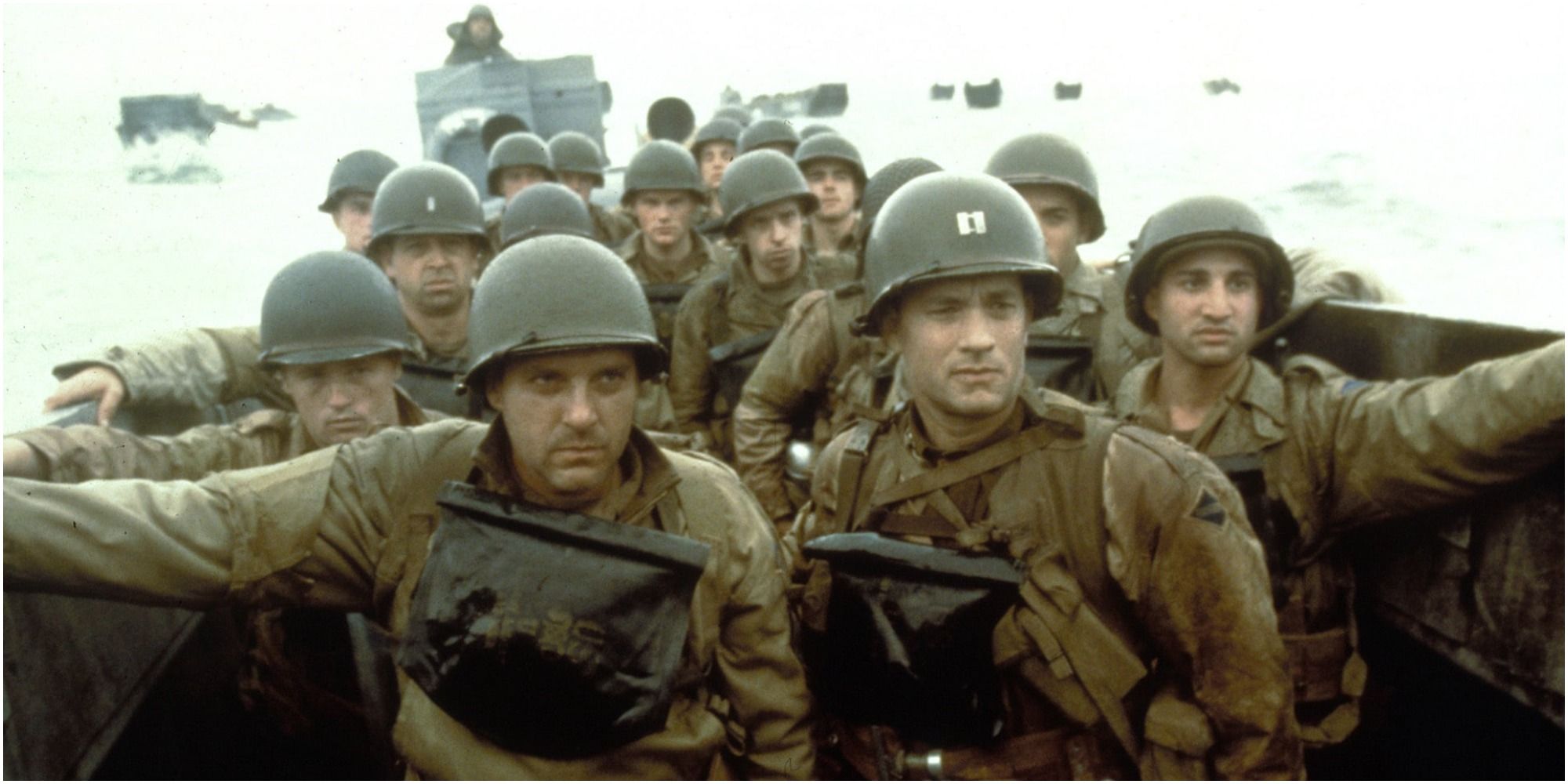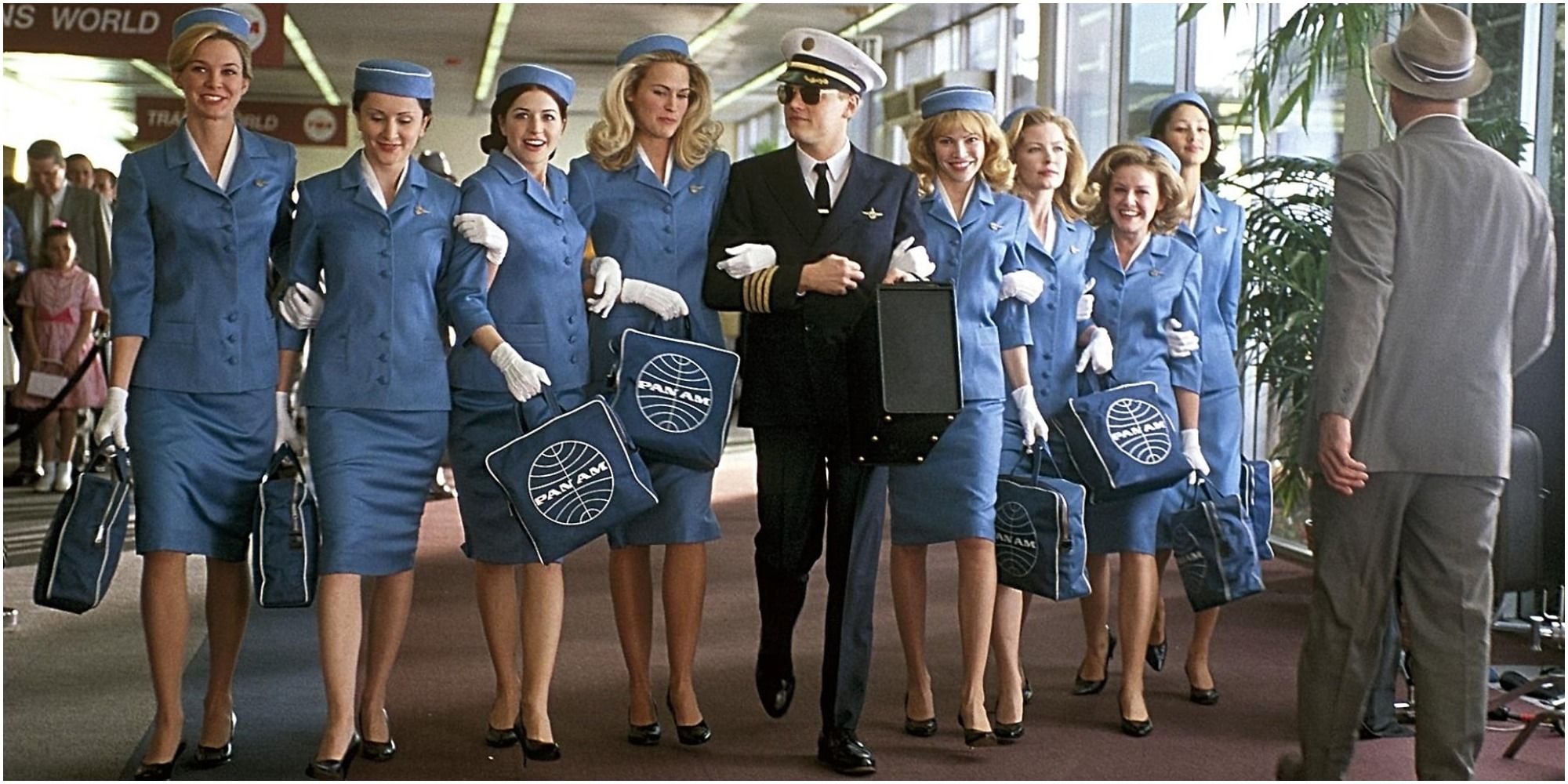John Williams is arguably the best-known film music composer of the modern generation. Just like fellow composer Alfred Newman before him, he has been known for iconic film scores that embedded to the pop culture zeitgeist. If you look for a John Williams score, tons will pop up. Star Wars. Indiana Jones. Superman. Home Alone. Harry Potter. ET: The Extra-Terrestrial. Jaws. Schindler’s List. Close Encounters of the Third Kind. And many more.
Now it's time to shed light on other John Williams scores that deserve a listen, just to see how the maestro creates his themes and makes them resonate.
Memoirs Of A Geisha (2005)
The score for this American-Japanese drama incorporated a full orchestra, with string instruments and serving as a motif of standing out from the norm. As Memoirs of a Geisha is about an impoverished girl rising to the ranks as a geisha, it has to come along with the enchanting score of cellos and violins rising from the moving score.
With the cello solo being played by Yo-Yo Ma and the violin solo by Itzhak Perlman, the result is an epic theme that harkens back to thematic music of Hollywood epics.
Amistad (1997)
Spielberg's Amistad is a story of redemption during a time when slave trade is rampant and a court case about the slaves being illegally transacted to America. While it is far from the most important period film that spoke about the issue, it was a heartfelt drama that uniformly depicted its historical facts without resorting to easy sentiments.
Likewise, Williams’ score was equally heartfelt. For the rousing main score, he incorporated the lyrics of a 1967 poem “Dry Your Tears, Afrika” by Ivorian poet Bernard Binlin Dadié into a heavenly chorus.
The Poseidon Adventure (1972)
The score for The Poseidon Adventure starts off with an ominous bass effect that kicked off with the usual grand orchestra score that immediately sounded off what movie is to be expected from here and on.
Yet, throughout the film, John Williams incorporates the score with a creepy motif of deep syncopation, creepy strings and bass drumbeats to evoke an uncertainty of a ship capsized upside down. That would be typical for other disaster films at that time as Williams also did the score for Earthquake and The Towering Inferno.
Born on the Fourth of July (1989)
With a recognizable trumpet intro, the inspirational theme for Born on the Fourth of July kicked off. Williams said on an interview that he “would want a string orchestra to sing in opposition to all the realism on the screen.” It worked well, as the film is about anti-war pacifist Ron Kovic from his initial patriotism to his nonviolence that the contradictions played well with the film.
His main theme ends with an ominous drumbeat that mirrors how Kovic’s pacifist message may be calm for some, but doom for others.
Hook (1991)
It's interesting how the overlooked Hook still kept its magic and levity on the same levels as early Spielberg family favorites like ET and Indiana Jones. Equally, the score is fantastic as well. The score is the main highlight at times when the scenes had to be immersive and poignant.
Check out the scene when old Peter (Robin Williams) imagines food for the Lost Boys, resulting in a food fight. And hear the main theme during the flying scene wherein Peter regains his happy thoughts and his ability to fly.
Angela's Ashes (1999)
With an opening piano key, a haunting violin motif and a bleak melody, it sets well for a score about a melancholic tale of a boy and his family struggling on poverty and finding relief over seeking the American dream.
The score is thematic with the wide range of instruments and cinematic scale of its tone. It moves from morosely immersive to harmoniously bright, making the score multi-functional. Without even watching the movie, which is a mixed bag of a drama, the overall sensation is captured in the score.
Empire of the Sun (1987)
As Spielberg’s second foray into World War II films, Empire of the Sun had to incorporate its large scale from its production design to its score. Yet, it had to be skewered down to be placed into the innocent shoes of an upper middle-class schoolboy who sees the Japanese occupation on his own eyes.
Yet, there is wonder and levity in Williams’ score, especially in the moment when the boy Jim slowly approaches a Japanese fighter plane and salutes to several Imperial pilots standing by, before they salute back.
The Adventures of Tintin (2011)
What's unique about the score of The Adventures of Tintin is that it integrated the typical sweeping John Williams score with a 30’s European jazz theme that played as the main music cue. The latter jazz score is best listened on its animated opening sequence and is incorporated for its rousing action scenes.
It is a needed vibe to give life to this underrated Spielberg gem, as it is an homage to the Indiana Jones movies and adventure serial films. It was almost like reading the panels of Hergé’s stories.
Saving Private Ryan (1998)
The score for the WWII film Saving Private Ryan is placed well for its very purpose, not to be diegetic but to be thematic. This is apparent in the first scene when the elderly Private James Ryan visits the Normandy American Cemetery and Memorial and the scene after the immersive opening Normandy landing, where it shows the bloodshed and the waves along the beach.
One thing notable about the score is that the piece “Hymn to the Fallen” is frequently played every Veterans Day and Memorial Day to honor the American soldiers who fought for the Second World War.
Catch Me If You Can (2002)
Finally, John Williams’ most underrated score has to be for Spielberg’s 2002 caper film Catch Me If You Can. Instead of the usual bombastic themes that Williams has been known for, Williams incorporates a jazz score as the backdrop for his piece and a heavy stringed accompaniment to speak of the period feel of this crime film.
A heavy presence are the noticeable piano keys that stand out from the score that consists of mishmashes from the different genres. It placed well with the unpredictable subject of Frank Abagnale Jr. (Leonardo di Caprio) and his chase by Carl Hanrattty (Tom Hanks).

